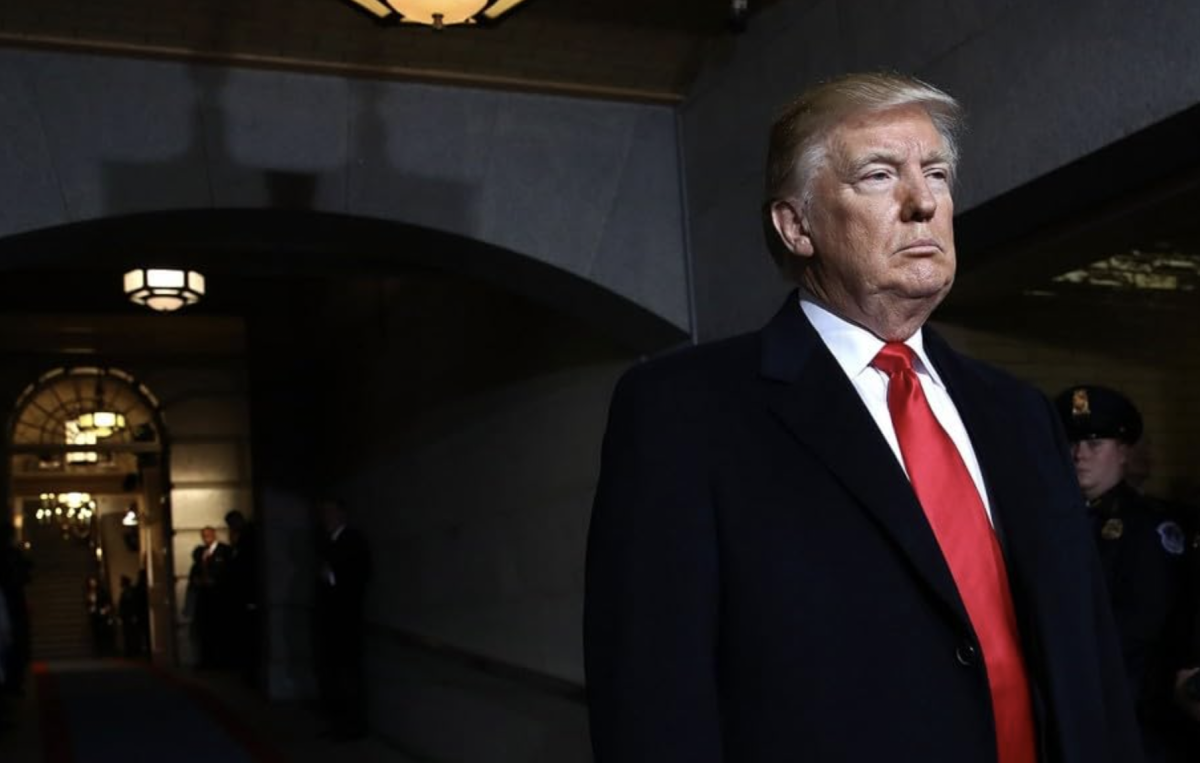
Since the start of the academic year, the Student Government Association president and vice president say they have worked to improve student lives on campus. Whether it was re-opening the Hatch or rearranging area governments’ structure, Anthony Vitale and Lily Wallace have tried to tangibly affect campus life.
Though they addressed some issues, they seek to fix others. Improving the lives of student activists is something the newly re-elected duo are looking to do next year.
“Activists on campus are often the forefront of dialogue on certain [issues], and I believe it is the SGA’s responsibility to be able to help facilitate constructive, positive and insightful conversation from activist communities on campus to decision-makers here at the University,” Vitale said.
Vitale and Wallace’s main goal regarding activism is to create a position within the SGA’s Cabinet that addresses the concerns of the Advocacy Council. The council comprises several activist-based registered student organizations like Protect Our Breasts, the Cannabis Reform Coalition, Students for Justice in Palestine, Amnesty International and the Coalition to End Rape Culture.
They believe creating this position will better inform the SGA of activist groups’ concerns, allowing for the Senate to create legislation addressing those concerns.
Though their plans are preliminary, Vitale and Wallace said they hope to create this position within the next academic school year.
They said this position will create a direct line of communication from RSOs to the SGA.
“This will be a really great way for Anthony and myself to understand more about what people’s priorities are and what [the SGA] needs to focus on as an institution,” Wallace said.
Vitale said this position will expedite communication from activist-based RSOs to the administration, specifically policy makers.
“With this reformed council system, it will provide a more direct avenue for RSOs to go to the council, for the council to go to the SGA and the SGA to go directly to the people that can make decisions at the University,” he said.
Vitale and Wallace said other RSO councils, like the Cultural Council and the Religious and Spiritual Council, will also have representatives. According to Vitale, the representative of each council will be paid and will work with the secretary of the registry, who is in charge of UMass’ RSOs.
Another issue Vitale wants to address is installing permanent voting locations on campus.
“I think voting is the foremost ability for activists and individuals who wish to see change happen to be able to do that,” Vitale said.
Last semester, he helped install temporary early voting stations on campus for the 2016 presidential election. Next year, Vitale hopes to install permanent ones so UMass doesn’t have to install temporary ones for each election.
He said next year is an appropriate time to accomplish his goal because no elections will take place during the year. He said he will work with the town of Amherst to rework how its precincts are drawn to allow the addition of permanent polling locations at UMass.
Vitale also hopes to reform the University’s Land Use Policy, which limits activist rallies and speeches during class hours to the “west side [main entrance] of the Student Union Building, and shall be limited to one hour in length, from noon to 1:00 p.m.”
He said this is a problematic issue that limits students’ free speech. Vitale said he and members from the Center for Education Policy and Advocacy, Student Legal Services and other SGA members are helping SGA Attorney General Jiya Nair rewrite the policy to expand students’ rights.
Wallace said she hopes SGA senators will work more closely with activist groups to better address their concerns through legislation.
“I hope [senators] work collaboratively to write pieces of legislation with these groups and be able to grow as individuals by understanding some of the issues faced by students on campus,” she said.
The SGA Senate passed a resolution last April supporting the UMass Fossil Fuel Divestment Campaign, which called for the University’s divestment from fossil fuel companies. Vitale and Wallace sat in Whitmore Hall along with several other SGA members and UMass students in support of the movement. That May, UMass became the first public university to divest its holdings from fossil fuel companies.
Though the SGA supported UMass Divest, Vitale and Wallace stressed that the SGA can’t take ownership of student activists’ success.
“While we both participated in the Divest sit-ins, neither of us can take ownership of the phenomenal work and years-long organizing [that came] out of Divest,” said Wallace. “There were a lot of members of the SGA who showed up to support the divestment movement, but I don’t think anyone can claim ownership to organizing it outside of Divest.”
Vitale said supporting organizations like Divest is a step in the right direction for the SGA to show its solidarity with student groups on campus.
Jack Martin can be reached at [email protected].


















